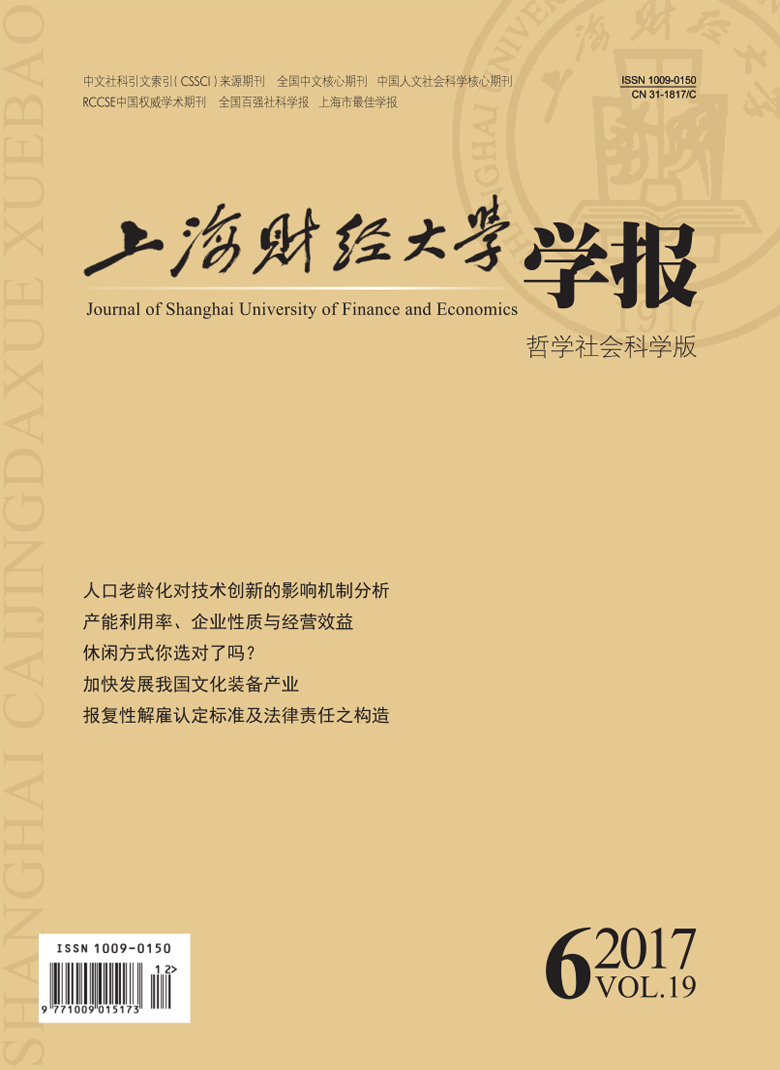In order to overcome the contradiction between private ownership of means of production and socialized mass production, capital adjusts itself constantly despite its private nature. The significant changes of capital in contemporary lie in broadening the private boundary of capital appreciation by using the functions of finance as raising and allocating social capital. Specifically, the finance separates the ownership and using rights of capital, making the enterprises gain a large amount of social capital. Therefore, the scale expansion of enterprises is mainly by means of external capital rather than its own accumulation like the way during the industrial revolution period, thereby enlarging the social nature of capital and giving the expansion mode leverage. In essence, the leveraged expansion can be seen as a manifestation of capital socialization. Social capital is collected by financial institutions from the public and is refunded to enterprises for expanded reproduction, which means that capital expansion is essentially driven by the masses of the society. However, the public is a decentralized force, inseparable from overall arrangement of financial institutions, and thereby financial institutions obtain the power of controlling the flow of capital. On the other hand, the use of leverage means the increase in external investors, which actually leads to the rise in interest subjects of capital and complicates the production relations. The multi-interest subjects raise the importance of the expectation of future economic benefits of the enterprises, and also are related to future expansion, making the cash flow that measures future business situation the core element of enterprise expansion. Therefore, the leverage expansion leads to cash flow as the core of capital operation instead of traditional commodity production and circulation. In essence, capital operation mechanism is dominated by financial logic, meaning another overcoming of self contradiction of capital. Capital is not static in form, and always abandons itself constantly with the development of the productive forces, in order to accommodate more advanced productive forces. Therefore, the financial logic of contemporary capital is to construct a social relation which is more consistent with capital multiplication by using the socialization nature of finance. Resulting capital operation mechanism expands private boundary of capital in form, alleviates the contradiction between developed productive forces and backward production relations, and amplifies the scope of capitalists and workers, thereby being beneficial to socialized mass production. However, the socialization of capital is embodied only in production and circulation and is more private in distribution. The dependence of capital expansion on financial system does not surpass the " capital-labor” relation revealed by Marx, but reconstructs the order of surplus value allocation under the shadow of finance. As long as the capitalist mode of production continues to exist, the " capital-labor” relation on which capital depends will not disappear.
 / Journals / Journal of Shanghai University of Finance and Economics
/ Journals / Journal of Shanghai University of Finance and EconomicsJournal of Shanghai University of Finance and Economics
LiuYuanchun, Editor-in-Chief
ZhengChunrong, Vice Executive Editor-in-Chief
GuoChanglin YanJinqiang WangWenbin WuWenfang, Vice Editor-in-Chief
The Capital Operation Mechanism under the Guidance of Financial Logic and Its Criticism
Journal of Shanghai University of Finance and Economics Vol. 19, Issue 06, pp. 104 - 114 (2017) DOI:10.16538/j.cnki.jsufe.2017.06.009
Summary
References
Summary
Keywords
[ 1]David H. The limits to capital[M]. London and New York:Verso,2007:200–232.
[2]David L. David landes in memoriam(1924–2013)[M]. Cambrige:Harvard University Press,2013:55–63.
[3] Kotz D M. Bank control of large corporation in the United States[M]. Berkeley:University of California Press,1978:70–76.
[4] George A,Shiller R J. Animal spirits [M]. Princeton:Princeton University Press,2009:75–81.
[5]Hyman P. Stabilizing an Unstable Economy [M]. Translation by Shi B F,Zhang H H. Beijing:Tsinghua University Press,2015:170–185. [10] Marx K. Das capital volume 3[M]. Beijing:Renmin Press,2004:355–500.
[6] Lapavitsas C. Two approaches to the concept of interest-bearing capital[J]. International Journal of Political Economy,1997,27(1):63.
[7] Shiller R J. The new financial order[M]. Beijing:Zhongxin Press,2013:1–30.[ 13] Wolfson M H. Irving fisher’s debt-deflation theory:Its Relevance to Current Conditions[J]. Cambridge Journal of Economics ,1996,20(3):315–333.
Cite this article
Ren Ruimin. The Capital Operation Mechanism under the Guidance of Financial Logic and Its Criticism[J]. Journal of Shanghai University of Finance and Economics, 2017, 19(6): 104–114.
Export Citations as:
For
ISSUE COVER
RELATED ARTICLES




 10443
10443  12595
12595

